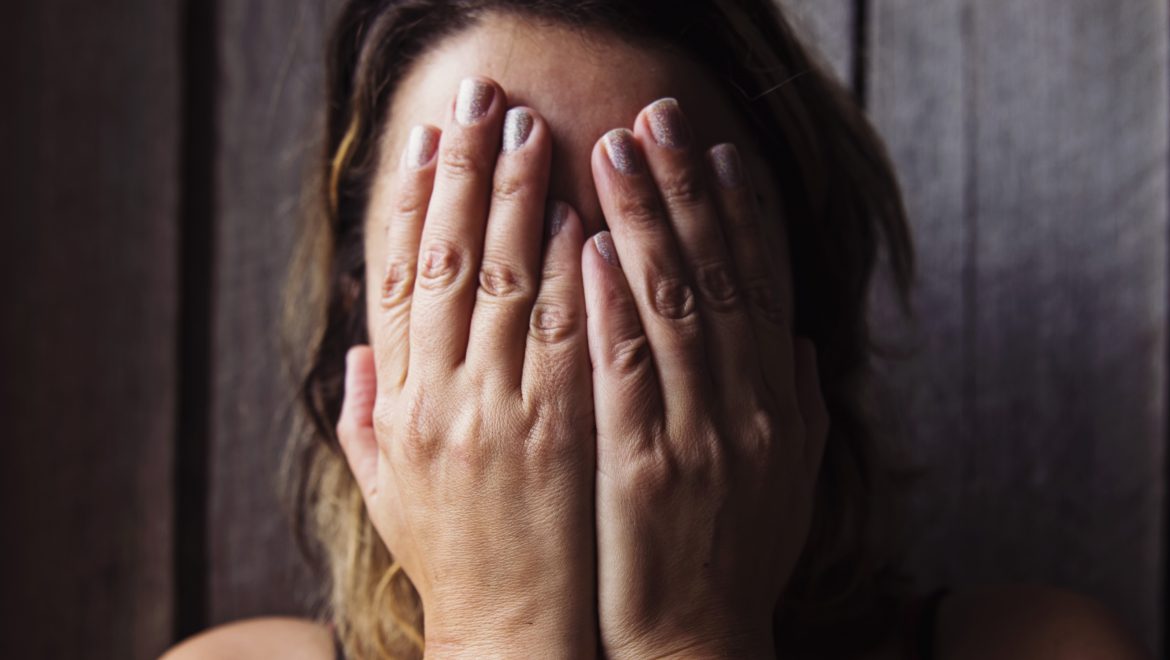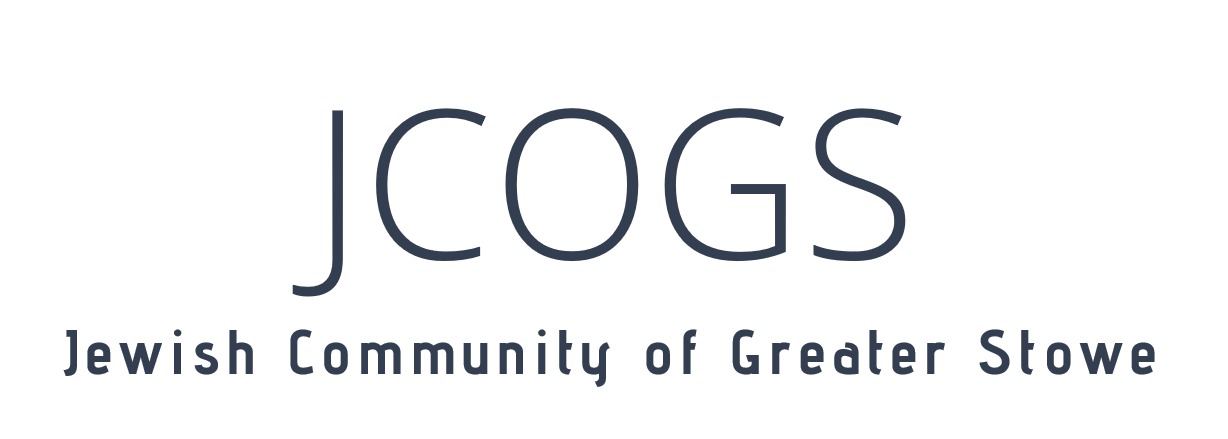
This post explains the halachic reasoning behind the popular custom of covering one’s eyes while reciting the blessing after lighting the Shabbat candles. The author, Rabbi Howard Markose, is a Jerusalem-based educator and former community rabbi who received rabbinical ordination from the Jewish Theological Seminary in New York.
Why Do We Cover Our Eyes When Lighting Shabbat Candles?
In Judaism, most blessings are recited prior to the accompanying act, such as saying the blessing over food before we eat it. When it comes to blessing the Shabbat candles, there is a unique predicament. The person who recites the blessing is actually beginning their Shabbat upon reciting the blessing. Because there is a halachic prohibition against lighting fire on Shabbat, if one recites the blessing first, then they are not permitted to actually light the candles because it is already Shabbat.
Ashkenazi Jews (and many in the Sephardic world as well) address this situation in a very creative way. The person first lights the candles, and in order to satisfy the requirement that the blessing precede the act, they cover their eyes so as not to see the light. Because they do not see the candles while reciting the blessing, it is halachically considered as if the blessing preceded the act. This loophole allows one to light the Shabbat candles, while still officially starting Shabbat with the recitation of the blessing.

